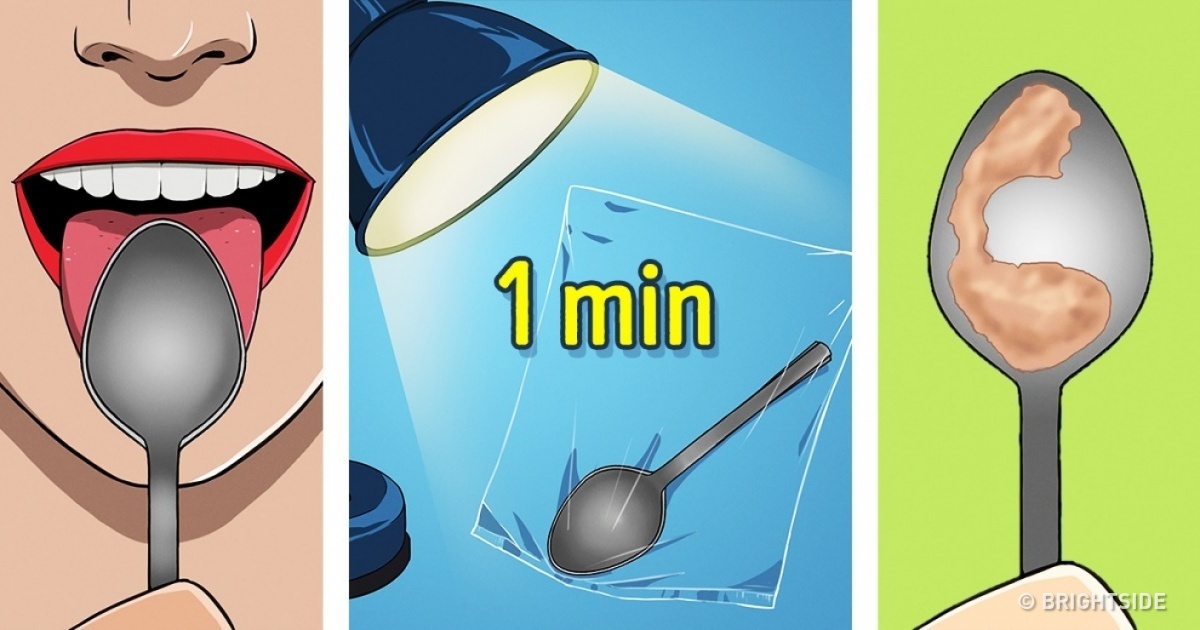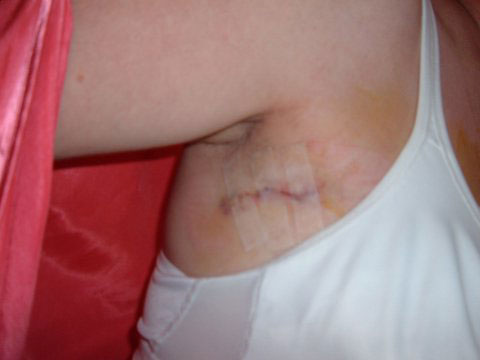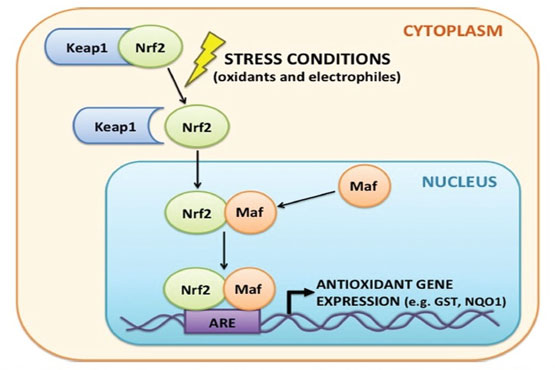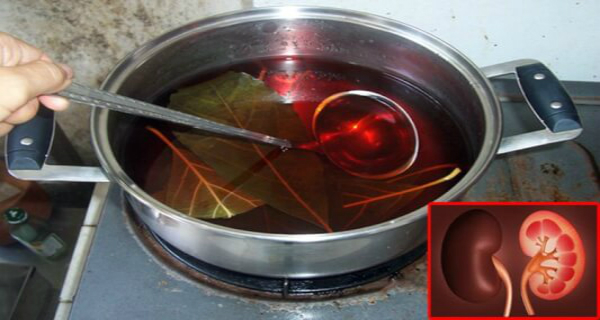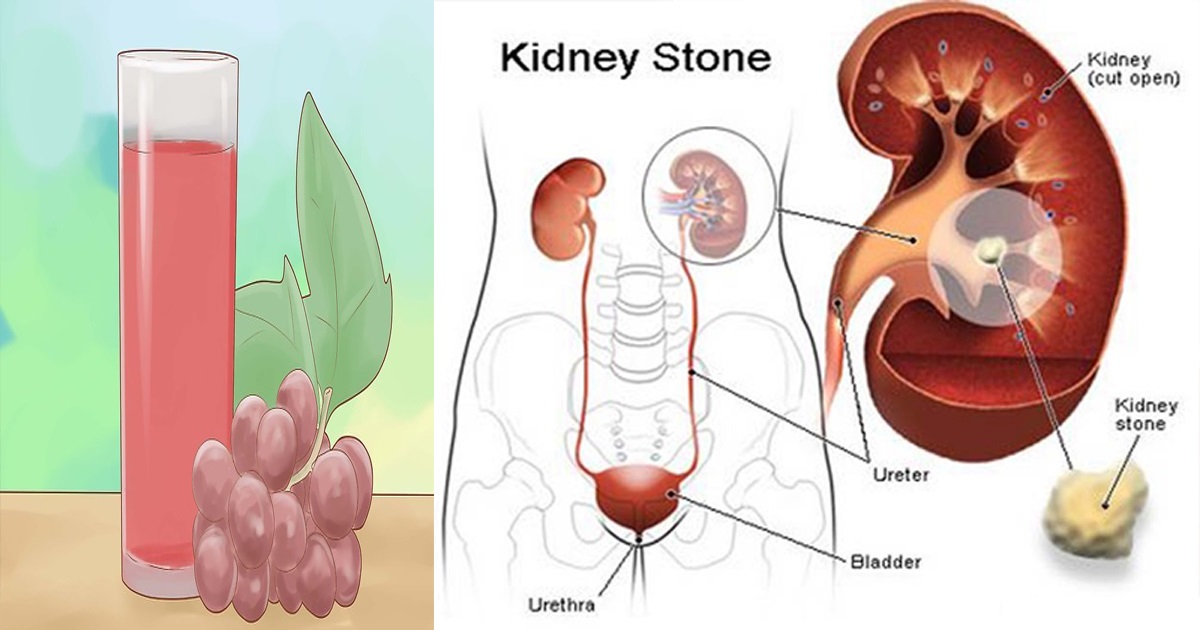Kidneys are very important organs in our body, so we need to take care of them. They can filtrate 120-150 liters of blood on a daily basis. With this function, kidneys prevent the gathering of toxins and bad chemicals in our body.

These are the most common symptoms of damaged kidneys and if you see some of them, consult your doctor. It is important to discover problems early, so they can be treated as soon as they are discovered.
Swelling – Damaged kidneys are unable to remove excess fluid from the body, which normally causes swelling of the face, arms, legs. Sudden swelling is also a symptom of kidney failure.
Changes in urination – The earliest signs of kidney failure needing urgent attention are: difficulty urinating, or a feeling of pressure, blood in urine, dark urine, urinating small amounts of urine, or less frequently, pale urine in larger quantities and more frequently, foamy urine and urination during the night.
Skin rash – As kidney function fails, the toxins accumulate in the blood, which often leads to skin rashes or severe itching. This toxin makes the skin irritated and dry. Even if you treat the problem locally, your kidney problem will remain.
Fatigue – Erythropoietin, also known as EPO, is a hormone that healthy kidneys produce. This hormone is responsible for the formation of red blood cells, which carry oxygen. In the case of kidney damage, the number of red blood cells decreases, which also affects the supply of oxygen in the body. This leads to loss of energy in the muscles and anemia.
Shortness of breath – Shortness of breath may signal kidney damage. The point is that your body does not get enough oxygen due to red blood cells, which also results in excess accumulation of fluid in the lungs.
Metabolic taste in the mouth – Off-flavor which occurs as a result of an accumulation of toxins in the blood. Your breath can become bad.
Pain – Kidney damage is often characterized by pain in the upper back or on the side of the damaged kidney. Kidney stones and kidney infections can cause cramps and severe pain.
Inability to concentrate and dizziness – Last but not least, damage to the kidneys is associated with lack of oxygen to the brain, resulting in a reduced concentration. Dizziness and memory problems are also possible.

